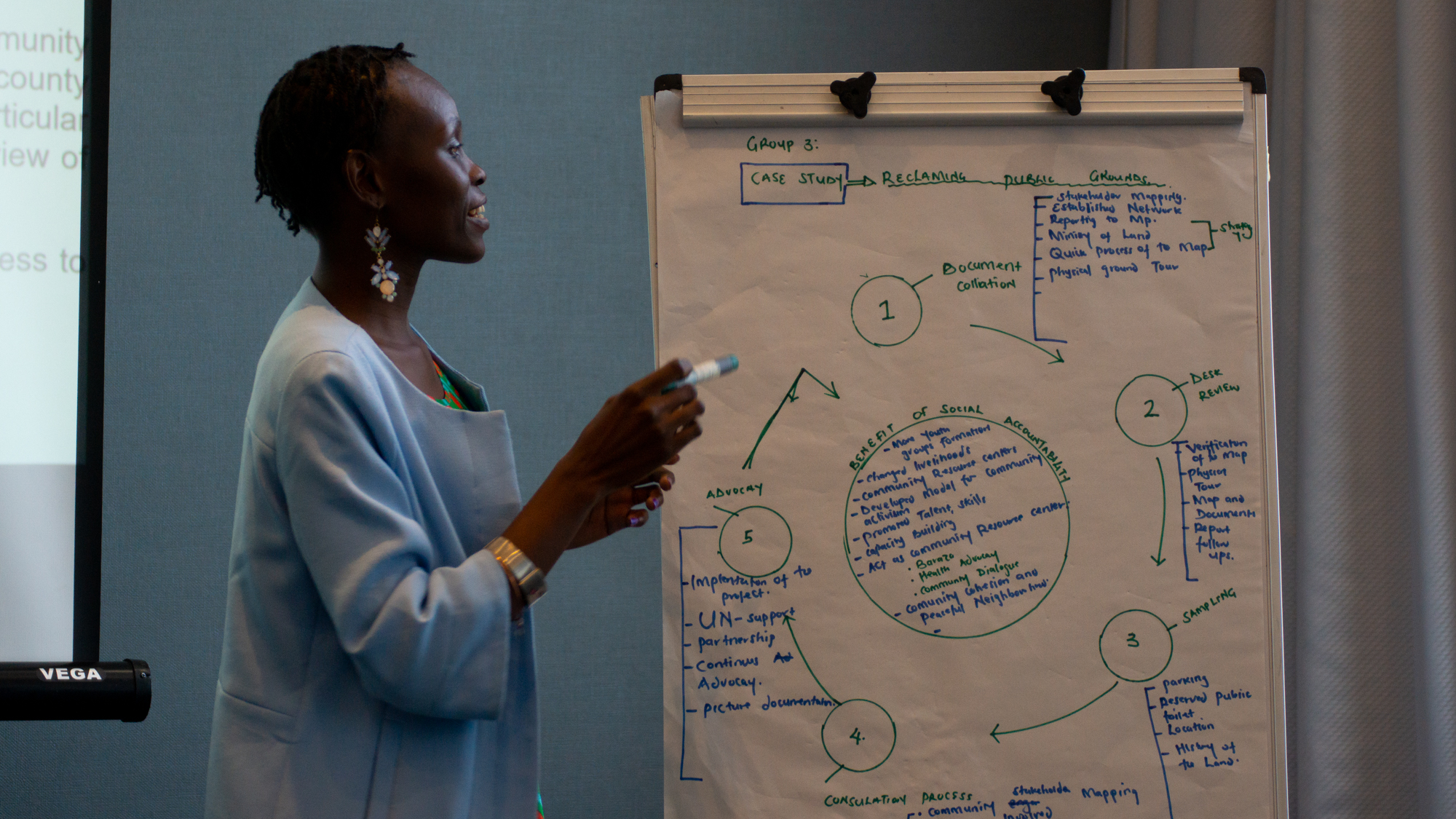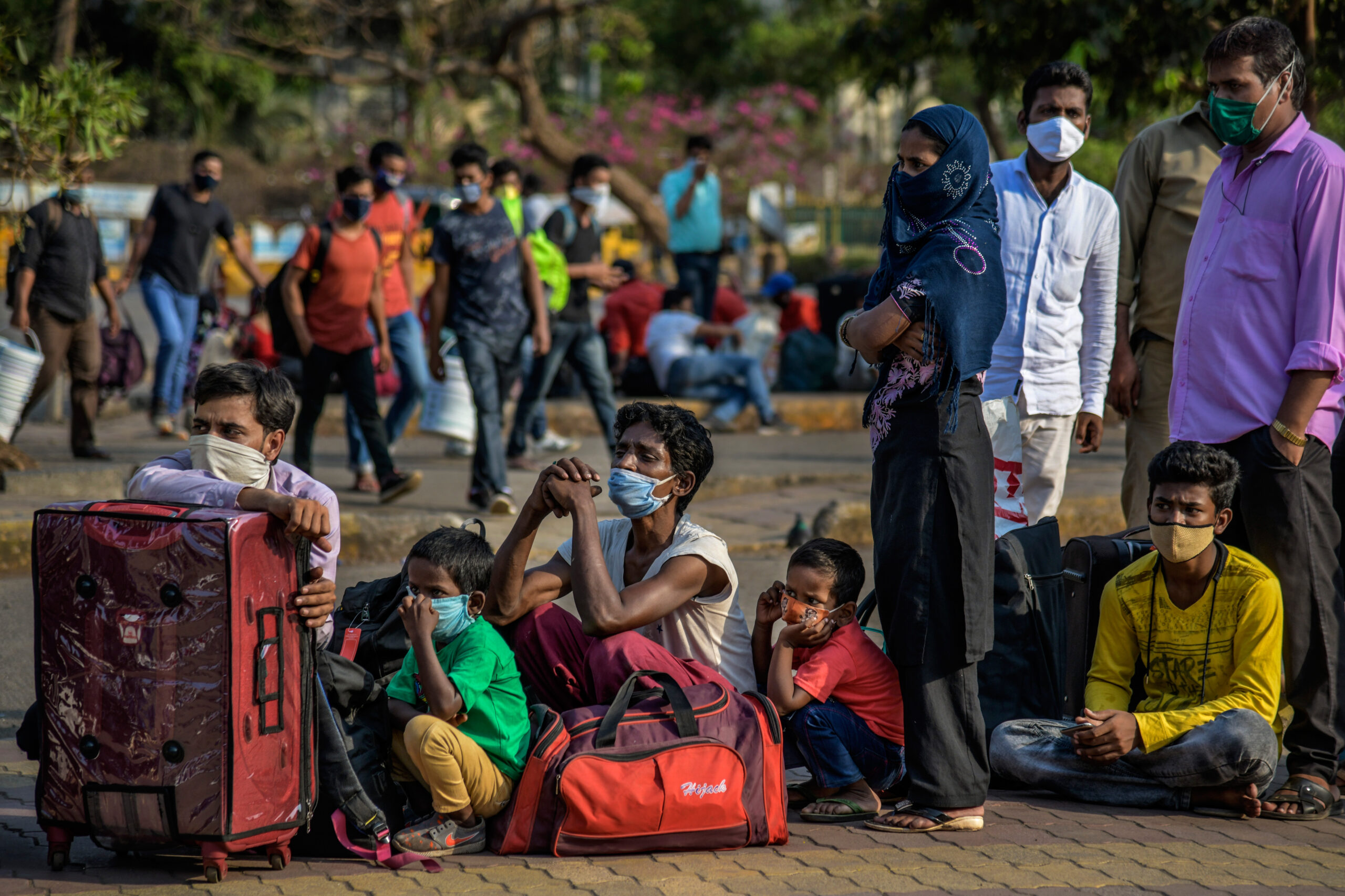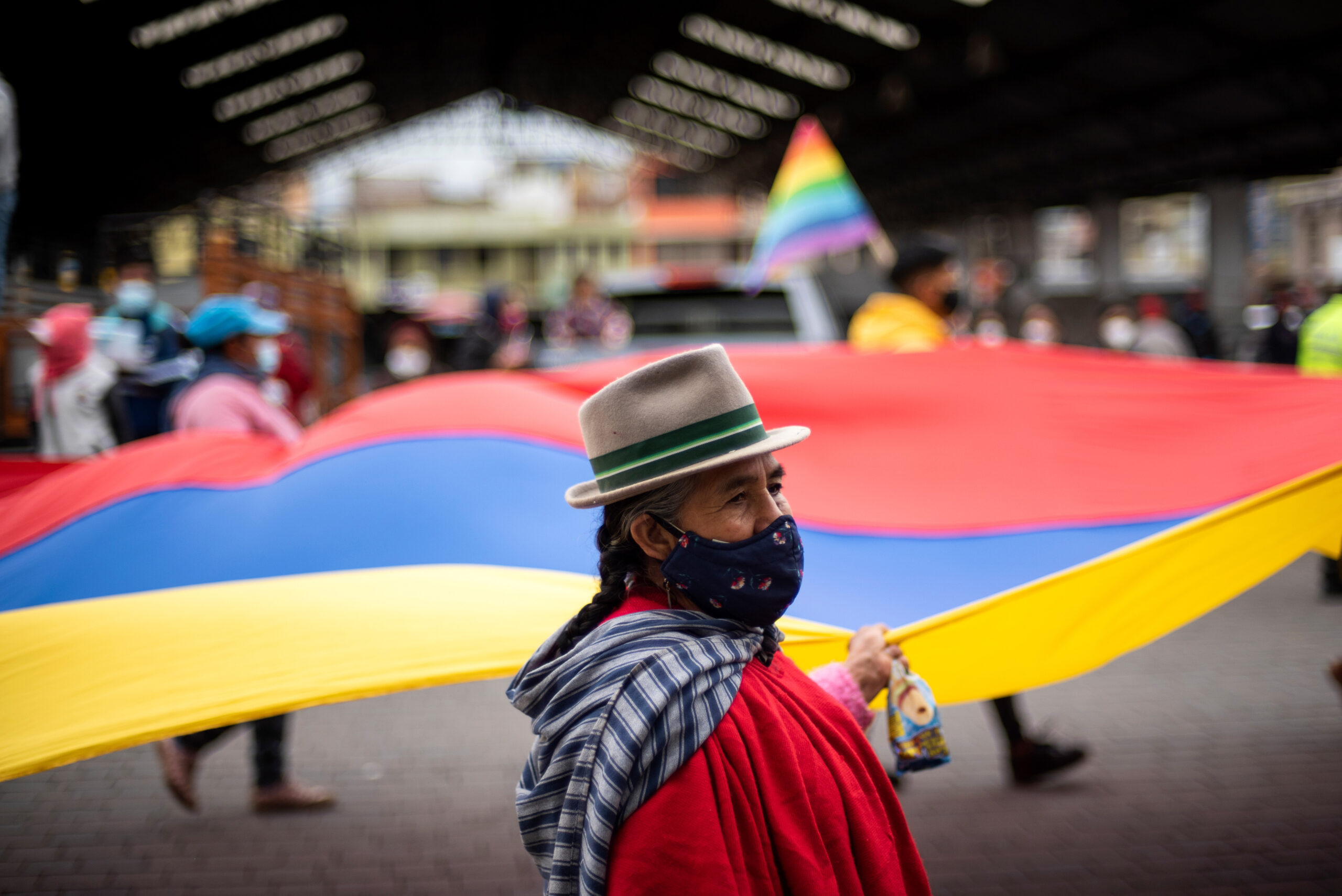Summary
Following its research which highlighted the key role played by young people in response to the Covid-19 pandemic, the Organization for Social Science Research in Eastern and Southern Africa (OSSREA) developed and delivered a training of trainers on social accountability for meaningful youth engagement. The training was aimed at youth-led civil society organisations (CSO) and local authorities in Ethiopia, Kenya and Uganda. In Uganda, it led to the establishment of a coalition of non-governmental organisations (NGO) dedicated to social accountability; in Kenya, youth-led CSOs and local governments began to take a more inclusive approach to governance and policy development, and in Ethiopia, plans were made for a youth CSO thinktank focused on social accountability.

"During the workshops, representatives from both CSOs and local government expressed how their previously held negative attitudes towards one another when it came to social accountability had changed tremendously as a result of the training."
The challenge
Young people across Africa played a significant role in responding to the Covid-19 pandemic; for example, through awareness-raising, community outreach, and social accountability and humanitarian projects. Although youth policies exist in Ethiopia, Kenya and Uganda, in practice there has been very limited meaningful engagement of young people in the design, implementation, and evaluation of relevant programmes and policies.
Policies alone do not guarantee the practical involvement of young people in programme design and execution. Institutional barriers, bureaucratic hurdles, and resistance to change within government structures can also hinder youth participation. Additionally, there might be a lack of awareness and capacity among local authorities and stakeholders on how to effectively engage young people in decision-making processes – even where these have been specifically mandated to work with youth on social accountability.
Addressing the challenges that hinder meaningful youth engagement requires a multifaceted approach including capacity-building, resource allocation, and a cultural shift towards recognising and valuing youth perspectives and contributions in governance and policymaking.
The research
As part of its ongoing work in the region, OSSREA led a participatory action resarch project which analysed how young people were affected by the pandemic. The project examined how young people can be key actors who can be meaningfully engaged in response mitigation and evaluation efforts while also holding their governments to account. Consequently, the team designed a training of trainers programme aimed at both youth-led CSOs and local authorities, raising awareness of barriers to inclusion as well as enabling participants to build capacity within their respective organisations.
Ninety representatives received training across nine research sites: Nairobi, Mombasa, and Busia in Kenya; Kampala, Masaka, and Gulu in Uganda; and Addis Ababa, Hawassa, and Jigjiga in Ethiopia. The following local organisations played a considerable role in co-convening the sessions in each site: Access International, the Uzalendo Afrika Initiative, and the OSSREA Chapter in Kenya; the Uganda National NGO Forum, the Gulu NGO Forum, and the Community Transformation Foundation Network (COTFONE) in Uganda, and the Consortium of Christian Relief and Development Associations (CCRDA) in Ethiopia.
The impact
The training provided participants with a platform to interact and share ideas about how social accountability can improve services for the youth. During the workshops, representatives from both CSOs and local government expressed how their previously held negative attitudes towards one another when it came to social accountability had changed tremendously as a result of the training. Local government representatives also committed to work closely with local youth organisations on youth development matters in their respective countries. Following the workshops, participants opted to join the project-led Community of Practice group on WhatsApp (which has over 100 members) to share best practice on youth engagement across countries.
These trainings have yielded substantial results. In Uganda, trainees played a pivotal role in establishing a coalition of NGOs dedicated to social accountability, bringing together various organisations from across the country. They not only conducted training sessions for local CSOs on social accountability practices but also actively participated in multiple initiatives aimed at addressing public service challenges. For instance, COTFONE mobilised community members to advocate against an oil pipeline that would cause the displacement of communities and exacerbate environmental issues. In Kenya, there has been a notable shift in the perception of young people both among local government officials, community leaders and CSOs, and among young people themselves. There is now greater recognition of the importance of having their voices heard and being actively engaged in decisionmaking processes at various levels. Youth-led organisations such as Uzalendo in Mombasa have advocated for transparency and accountability in local government and public service delivery. Local government participation in the training has led to their acknowledgement of the importance of direct interaction with community-based organisations and CSOs, fostering a more inclusive and participatory approach to governance and policy development. This transformation reflects the positive impact of the programme on youth engagement and the collaborative dynamics between local governments and grass-roots organisations in Kenya. In Ethiopia, plans were made for a youth CSO thinktank focused on social accountability, but these plans were unfortunately put on hold as a result of the conflict which broke out in 2020.
Conclusion
The training of trainers programme was an effective way to share research findings, enable participants to break down barriers between them, and build capacity within their organisations and networks to act on these findings. The project shows how successful youth engagement requires not only training but also a supportive environment, resources, and a genuine commitment to involving young people in shaping policies and programmes.
Further reading
- Abera, M.; Legesse, N.; Mukuna, T.E. and Tesfaye, A. (2022) The Socio-Economic Impact of Covid-19 on Young People in Ethiopia, Addis Ababa: Organisation for Social Science Research in Eastern and Southern Africa (OSSREA) (accessed 3 November 2023)
- Barasa, P.; Maloba, B.; Mukuna, T.E. and Tesfaye, A. (2022) The Socio-Economic Impact of Covid-19 on Young People in Kenya, Addis Ababa: OSSREA (accessed 3 November 2023)
- Ssempebwa, J.; Ntege, J.; Mukuna, T.E. and Tesfaye, A. (2022) The Socio-Economic Impact of Covid-19 on Young People in Uganda, Addis Ababa: OSSREA (accessed 3 November 2023)
- Tesfaye, A. and Mukuna, T.E. (2023) ‘Gendered Impact of Covid-19 on Youth: Findings from “Covid-19 and the Youth Question in Ethiopia, Kenya and Uganda” ‘, OSSREA/COYOQA Project Policy Brief, Addis Ababa: (OSSREA) (accessed 3 November 2023)


